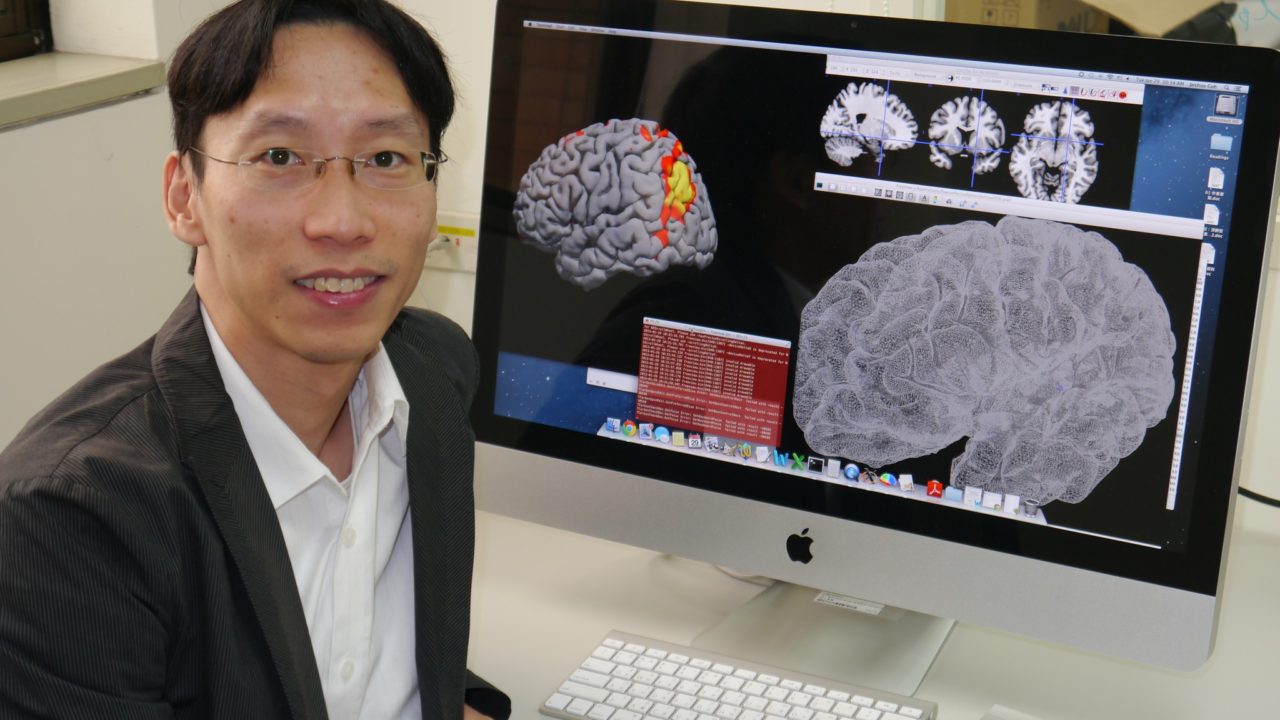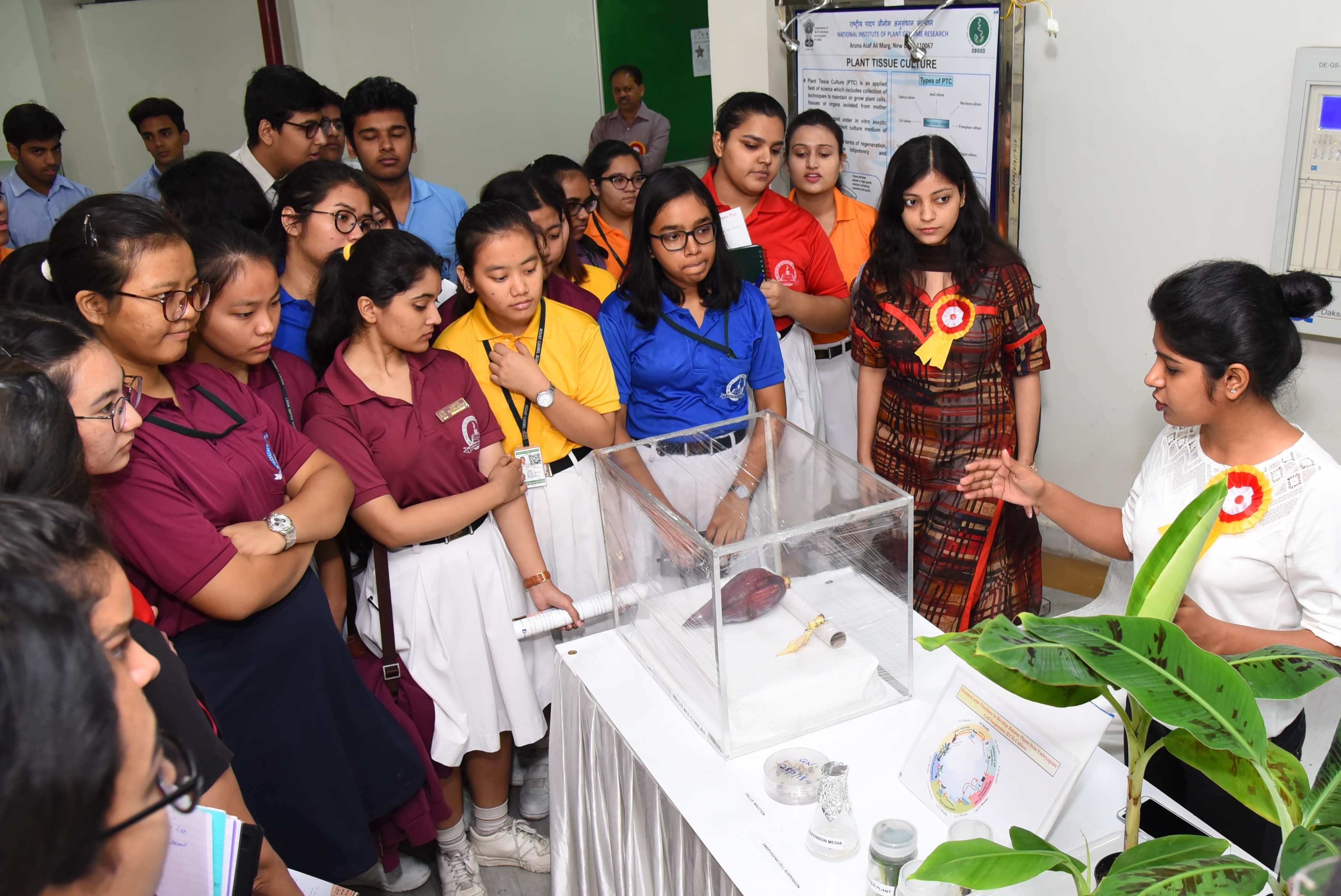
Why is it important to understand Cognition, now more than ever?
- Episodes
- 1.1K
Dr. Joshua Goh explains how we are poised to unravel mysteries of the human brain to understand aging and our ability to learn and interact. An important conversation where he says there may be a need to revisit terms such as ‘Cognition’ and ‘Decision making’ in the wake of Artificial Intelligence.
https://radiopublic.com/stemspeak-6rRR0R/ep/s1!fa4b3
Josh obtained his Doctoral degree in Psychology at the University of Illinois at Urbana-Champaign, USA. In his graduate research, he investigated how aging brain biology and culture-related life experiences are associated with an object, scene, and object-scene binding neural activity during perceptual processing in young and older Westerners and East Asians.
He then further did his postdoctoral fellowship with the Laboratory of Behavioral Neuroscience in the National Institute on Aging, Intramural Research Program, USA. There, he continued his work on age-related effects on the brain and mind with the Baltimore Longitudinal Study of Aging (BLSA), investigating individual differences in age-related changes in executive processing and the corresponding structural and functional neural correlates, as well as initiating studies on value-based decision-making in older adults.
Josh is now the Principal Investigator of the Brain and Mind Laboratory at the Graduate Institute of Brain and Mind Sciences, National Taiwan University. He continues to work on a better understanding of the human brain and mind, and how they are affected by biological and experiential factors. Specifically, his interests include the cognitive neuroscience of aging, individual differences and cross-cultural neuroscience, and decision-making.
If you want to know more about his work in cognitive neuroscience, visit here
Did you miss the previous episode? Listen to from here


